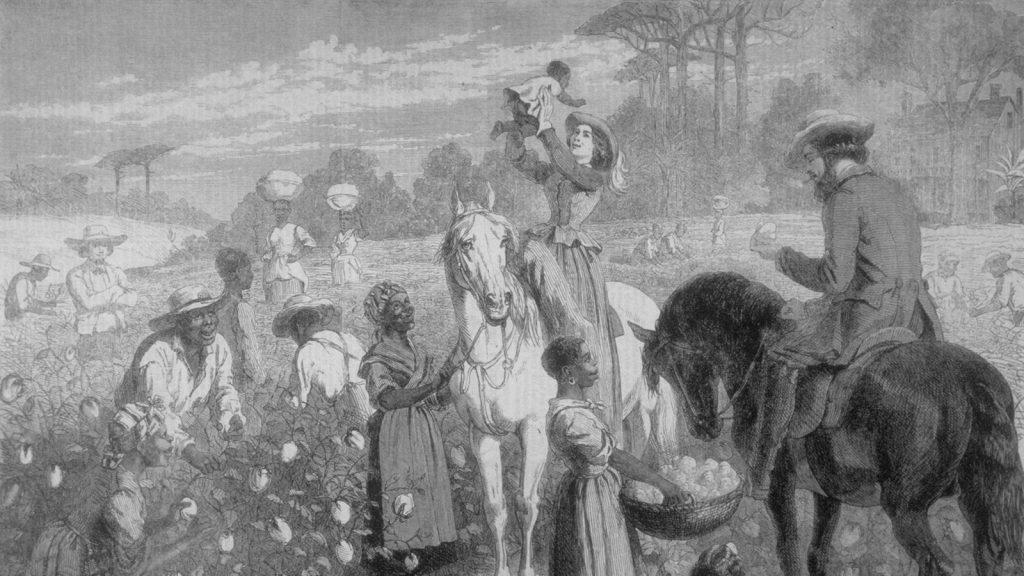
History is full of examples of nations paying out to compensate for slavery. But the money never went to those who suffered under the system, only those who profited. By…

History is full of examples of nations paying out to compensate for slavery. But the money never went to those who suffered under the system, only those who profited. By…
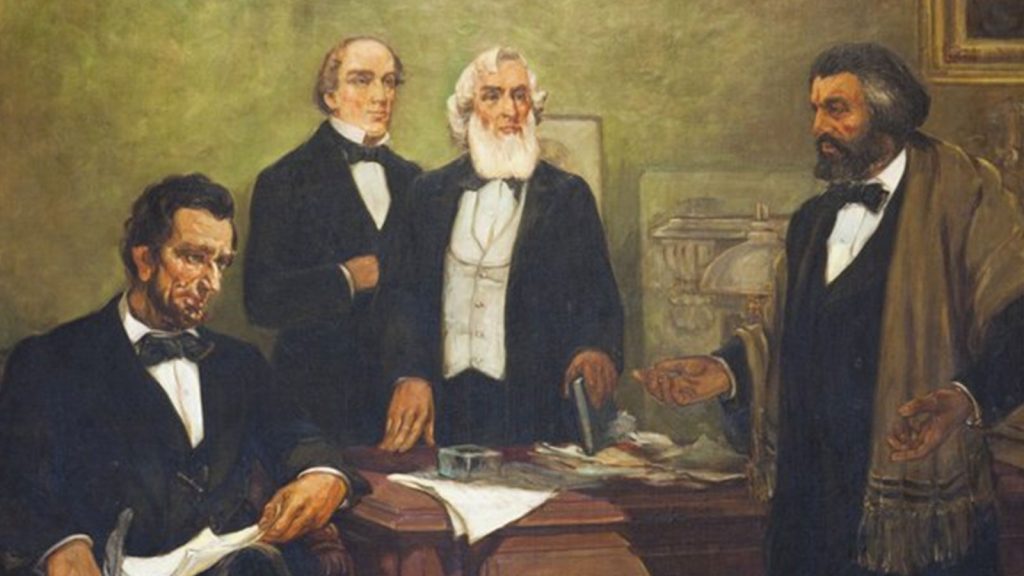
By Michael Burlingame, HNN — Six weeks after Lincoln’s death, Frederick Douglass described him as “emphatically the black man’s president, the first chief executive “to show any respect for the…

By Marc Parry, The Chronicle of Higher Education — As Shirley N. Weber built the Africana-studies department at San Diego State University in the 1970s, she spent lots of time defending…
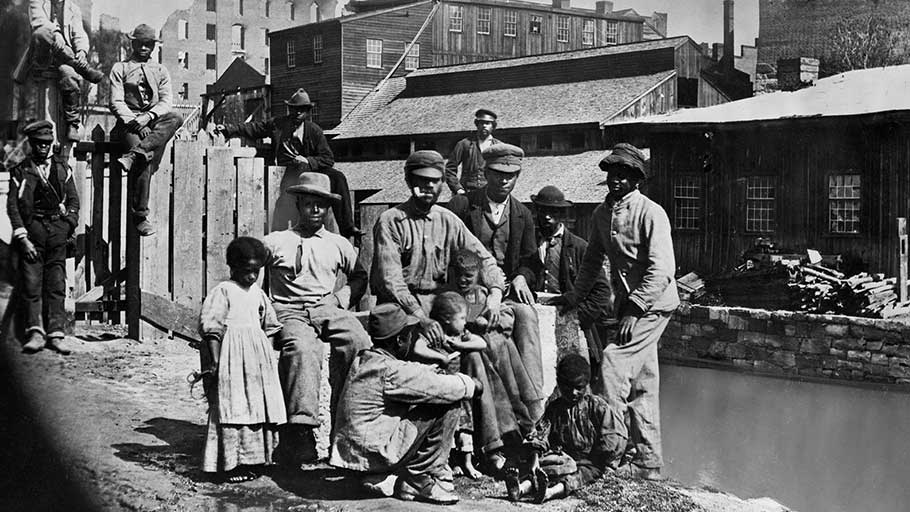
This essay is an adaptation of the fourth annual Philip Roth Lecture, delivered at the Newark Public Library on November 4, 2019. The lecture began with an appreciation of Roth’s merging of fiction and history. An admirer of great historical writing, Roth understood that, to be truly great, it had to grapple with what he called, in The Plot Against America, “the relentless unfolding of the unforeseen.” Flipped on its…

By Allison McNearney, The Daily Beast — On the skills section of Abraham Lincoln’s resume, badass orator ranks near the top. During the course of his career, the 16th president excelled at…
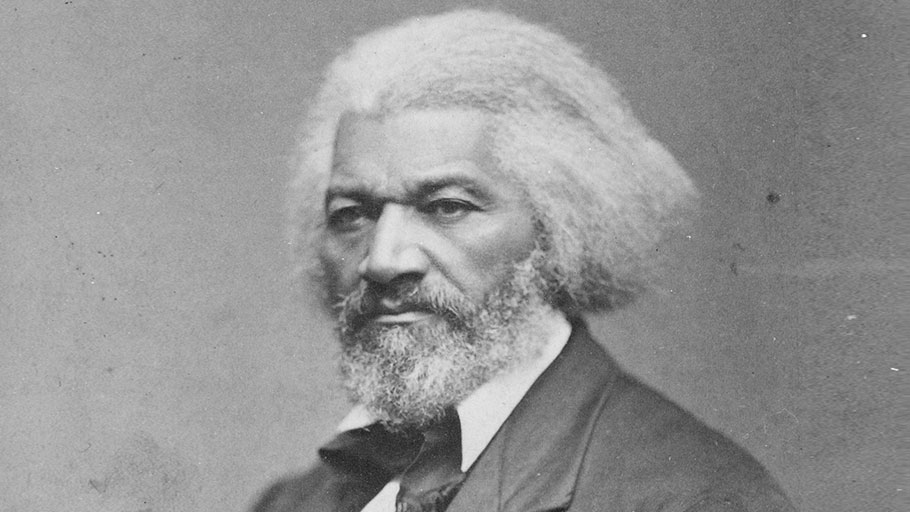
By Whitney Stewart, Black Perspectives — How do you make a family tree when you may not know your family history? Beyond the very real physical and emotional toll on…
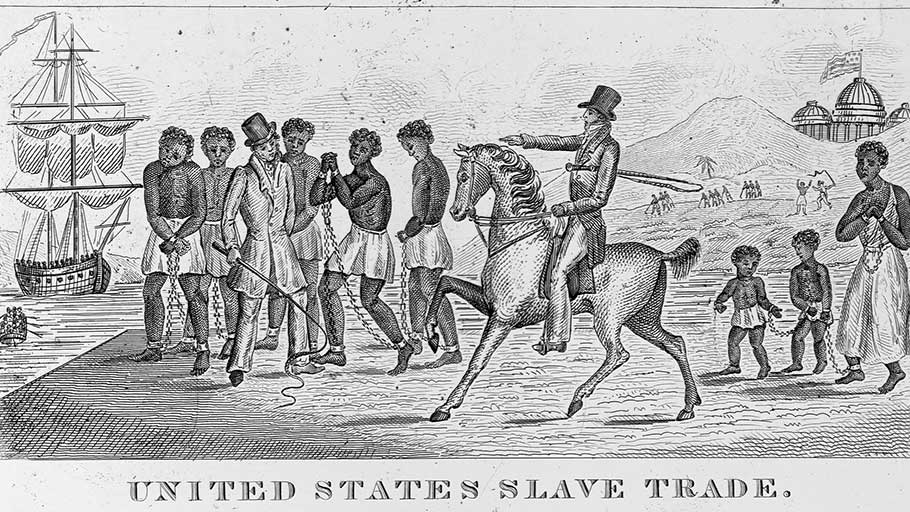
Lincoln signed a bill in 1862 that paid up to $300 for every enslaved person freed. By Tera W. Hunter, New York Times — On April 16, 1862, President Abraham Lincoln signed a bill emancipating enslaved people in Washington, the end of a long struggle. But to ease slaveowners’ pain, the District of Columbia Emancipation Act paid those loyal to the Union up to $300 for every enslaved person freed. That’s right, slaveowners got…

By The Miami Times — The island of Haiti had a bittersweet last week. The sweet part of the week began on the evening of Oct. 3, when U.S. District…